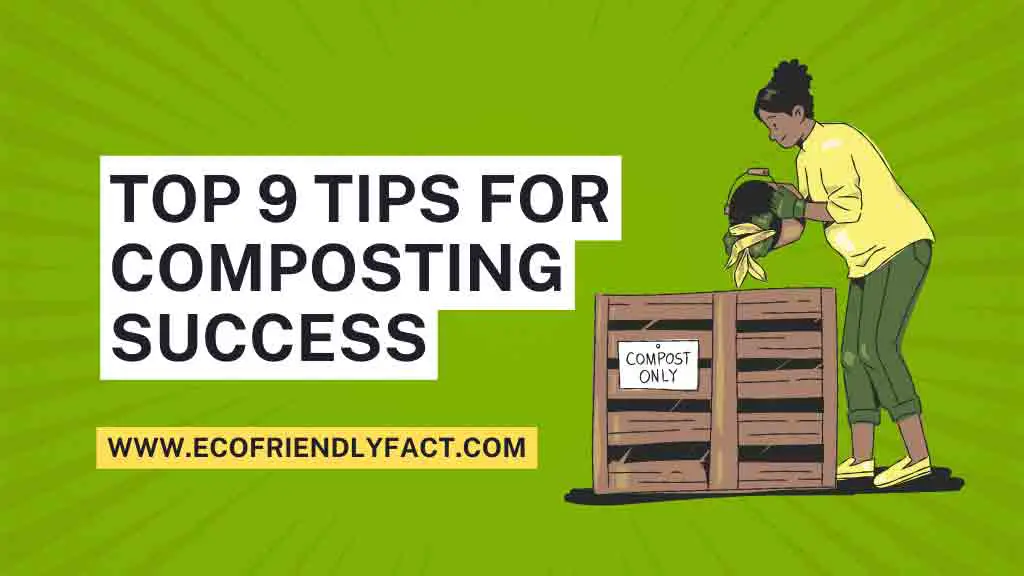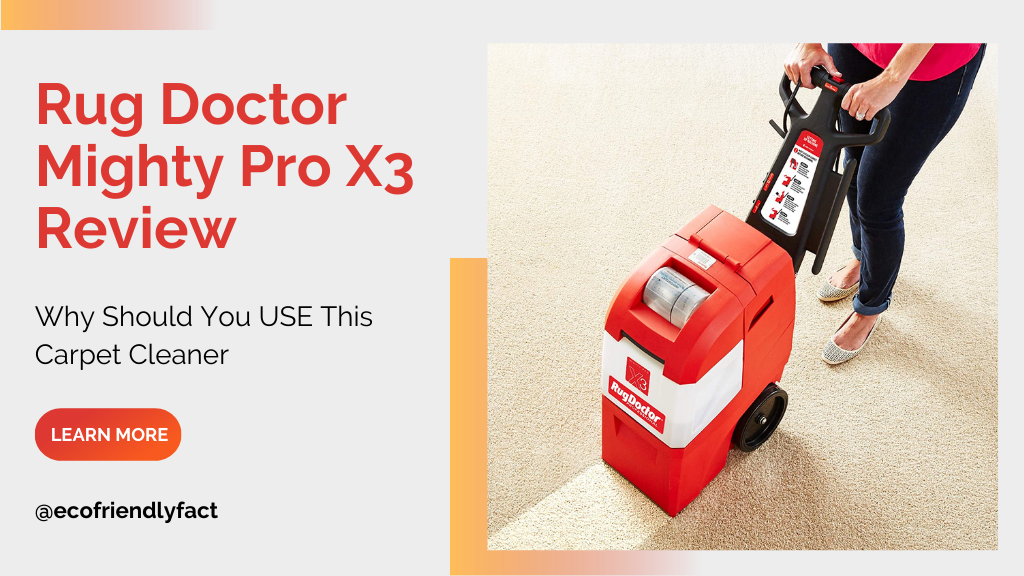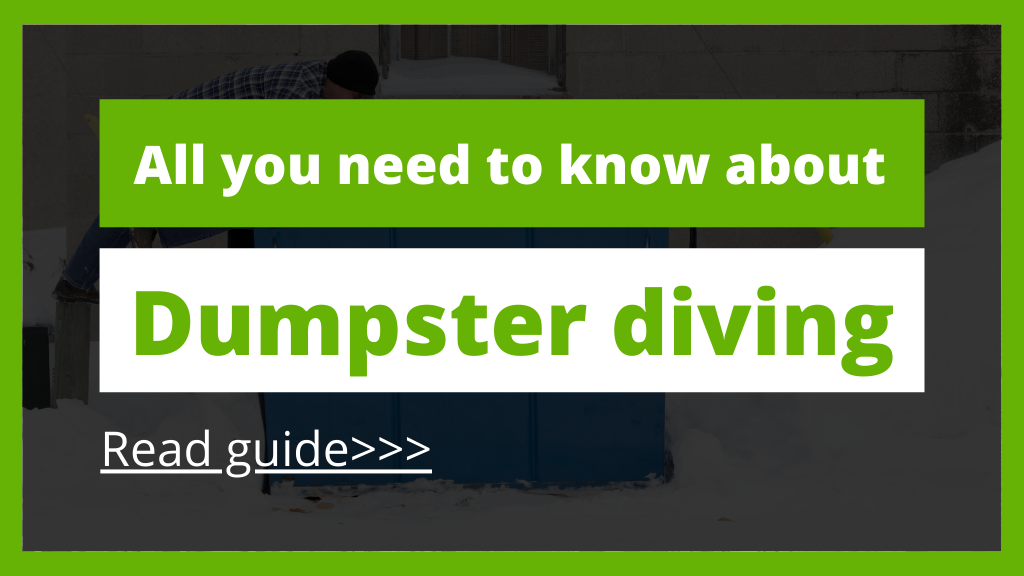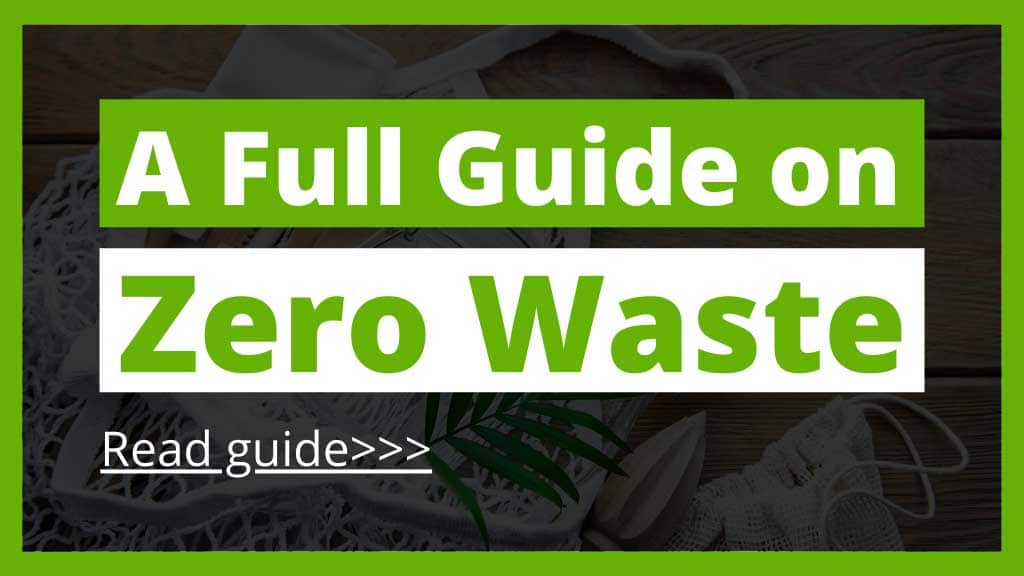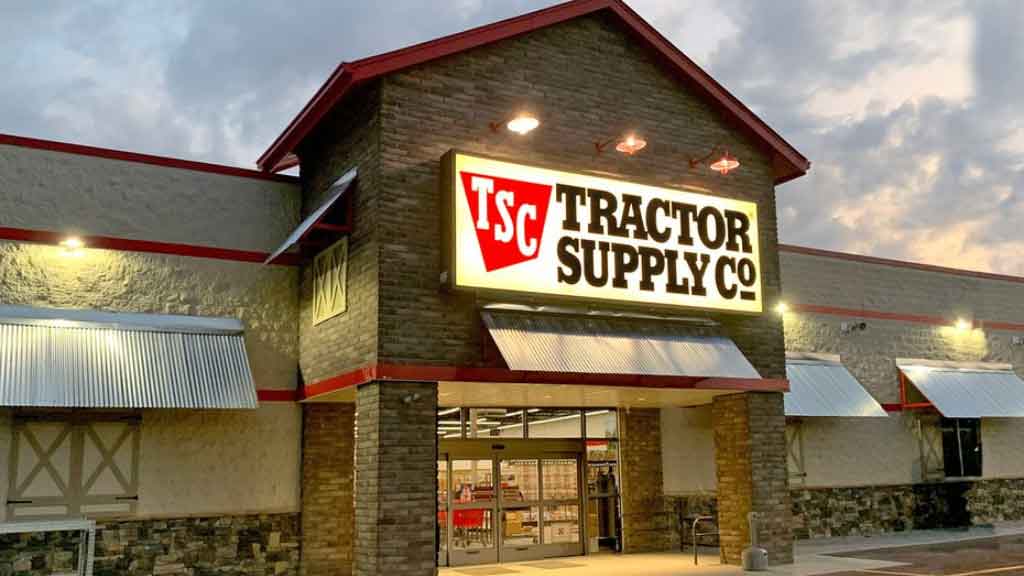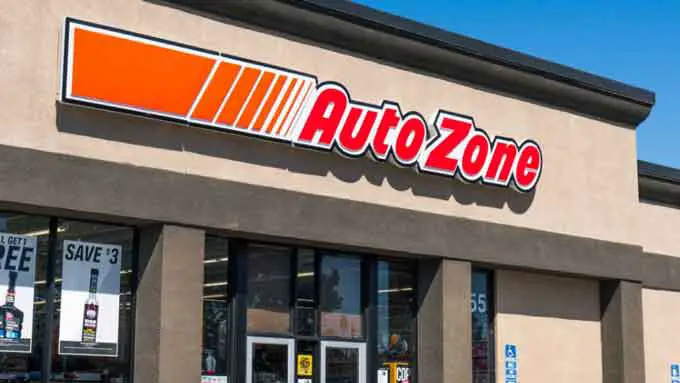Composting is an easy and environmentally friendly way to keep food waste out of landfills and instead return it to the earth, where it can nourish plants and improve soil quality. Many people start composting because they want to save money, but they quickly realize that they enjoy the process of composting itself, making it even easier to continue doing it.
So why not spend more time enjoying composting and less time figuring out how to do it? Here are some top tips for composting success.
Why Is Compost Important?
There are a lot of reasons to compost. Not only is it good for your garden, but it also helps our planet by decreasing waste and keeping harmful methane gasses out of our atmosphere. Read on to learn more about why it’s so important to recycle. Click here to read about the importance Of Composting In Agriculture!
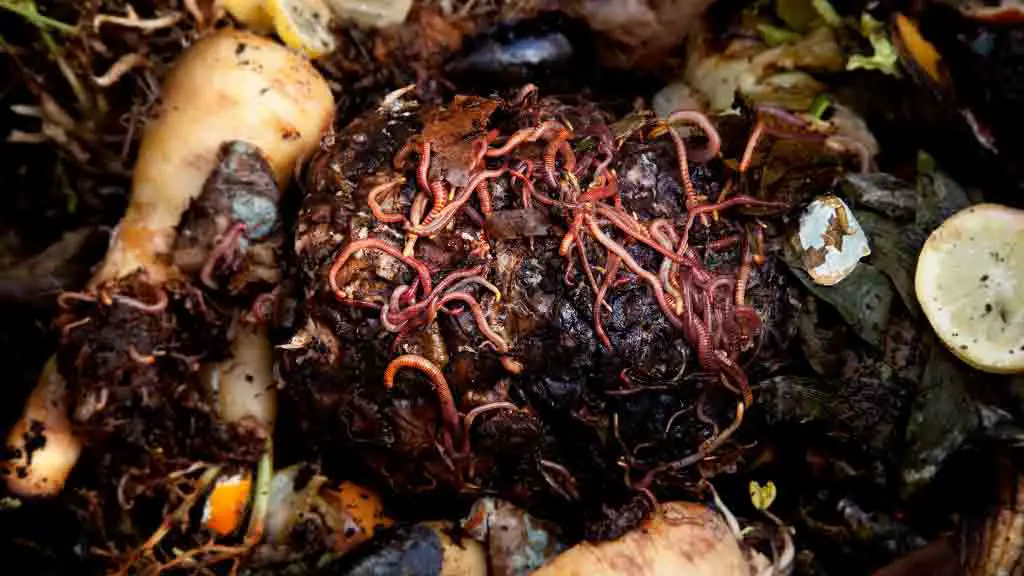
1) Increase The Water-Holding Capacity Of Soil:
When you add compost to your garden, it increases your soil’s water-holding capacity. This means that plants can absorb more water from rain and irrigation systems, which helps them grow healthier and more efficiently.
2) Decrease Waste And Help Our Planet:
Not only does compost help with water retention in our gardens, but it also reduces waste by recycling organic matter. For example, if you were to throw away a banana peel instead of adding it to your compost pile, not only would you be wasting food (which is bad enough), but you would also be contributing to landfills across our planet.
This can’t be good for us or for future generations! So remember: don’t trash your peels; compost them!
3) Increase The Nutrient Content Of Your Soil:
Certain nutrients are essential to plant growth and health. These include nitrogen, phosphorus, potassium, and calcium. Compost helps add these essential nutrients back into the soil that has been depleted from over-farming or heavy rains/floods/etc. This results in healthier plants that are better able to resist diseases and pests.
4) Improve Soil Structure:
The physical structure of your soil has a big impact on plant growth. Composting can improve soil structure by increasing its porosity, allowing roots to penetrate the soil better and access water and nutrients.
Additionally, compost can help reduce compaction, which can occur when soils are heavily trafficked or have received too much rain. Composting helps create an ideal environment for plant growth by improving soil structure.
5) Enhance Drainage:
Compost can also improve drainage in heavy clay soils or compacted soils. This is because the organic matter in compost helps break up clay particles and bind together loose sand and silt particles. As a result, water is able to drain more efficiently through the soil, which is important for plant health.
6) Reduce The Need For Chemical Fertilizers:
Because compost adds essential nutrients back into the soil, it can reduce the need for chemical fertilizers. This is not only good news for your wallet, but it’s also good news for our environment. Chemical fertilizers can leach into groundwater and contaminate drinking water supplies.
They can also runoff into waterways and pollute them with harmful chemicals. Using compost instead of chemical fertilizers can help keep our planet clean and healthy.
Related article: how much does composting cost
The Top 9 Tips for Composting Success:
Now that you’ve started your compost pile, there are a few tips to ensure success with your indoor compost garden. Here are a few tips to get you started:
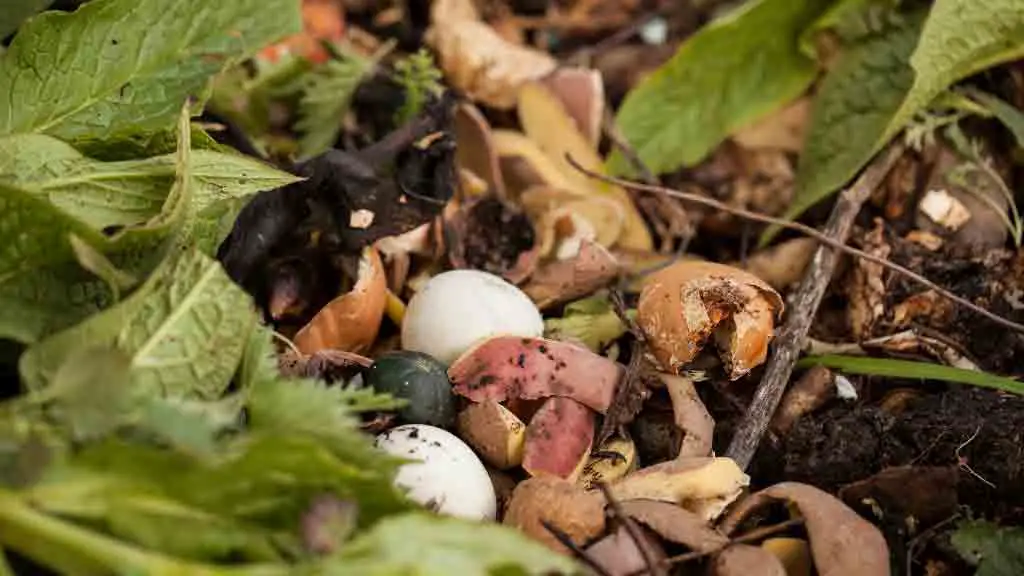
1) Start With A Small Compost Bin:
If you’re new to composting, starting with a small bin is best. This will help you get a feel for the process and ensure that your compost pile doesn’t get too big or unruly. Once you’ve got the hang of things, you can always move up to a larger bin.
2) Remember The Carbon-Nitrogen Ratio:
A good carbon-nitrogen ratio is essential for creating high-quality compost. A ratio of 25 parts carbon to 1 part nitrogen is ideal, but don’t worry if you’re not exactly sure what that means! Plenty of online calculators can help you determine your ratios and keep your compost pile in tip-top shape.
3) Use Brown Materials:
Brown materials like dead leaves, straw, and dried grass clippings will help create air pockets in your compost pile, which are necessary for proper decomposition. Without these air pockets, your compost pile will become anaerobic (i.e., without oxygen) and start to produce methane gas, which is harmful to the environment.
4) Use Green Materials:
Green materials like fruit and vegetable scraps, coffee grounds, and green leaves are high in nitrogen and will help speed up the decomposition process. Be sure to chop up larger pieces of green material so that they decompose more quickly.
5) Don’t Forget To Water Your Compost Pile:
It’s important to keep your compost moist but not soggy. You can use a watering can or hose attachment to water it regularly, but be sure not to overdo it! If you notice that there are dry spots in your bin, you may need to add more brown materials or move some of your green materials around.
6) Add A Starter Batch Of Material:
Adding a starter batch of material is an easy way to jump-start your compost pile and ensure good decomposition from day one. The best materials to use are high in nitrogen, like animal manure or coffee grounds.
7) Keep Your Compost Pile Topped Off:
When you add new materials, keeping your compost pile topped off with old materials is important. This will help maintain airflow and prevent things from getting too soggy inside your bin.
8) Let It Heat Up:
You’ll know your compost is ready to use when it’s nice and hot to the touch. This means that the materials have broken down completely, and the nutrients are readily available for plants. If you find that your compost isn’t heating up, you may need to add more green materials or turn the pile more frequently.
9) Use A Water-Resistant Bin:
If you live in an area that gets a lot of rain or snow, it’s best to use a water-resistant bin like plastic or metal instead of wood or cardboard. This will help prevent your compost from getting too soggy and keep it smelling fresh!
Composting is a great way to reduce your environmental impact and save money on fertilizers. By following these simple tips, you can ensure success with your indoor compost garden.
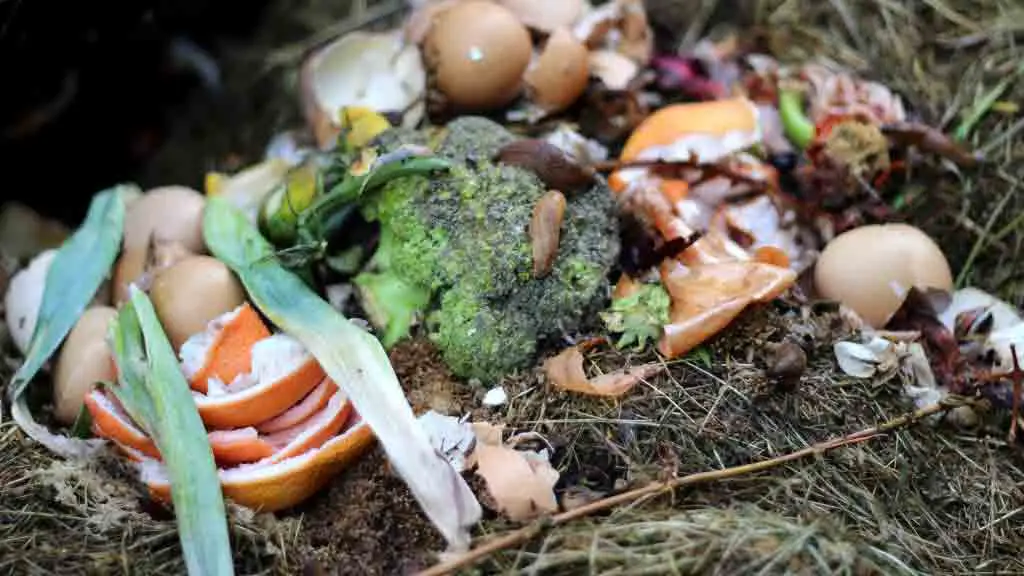
Is Compost Good For Plants?
Compost is an excellent source of nutrients for plants. It helps improve soil structure, drainage, and aeration while also providing essential nutrients like nitrogen, phosphorus, and potassium. Compost can also help reduce the need for chemical fertilizers and pesticides, which is good for both the environment and your wallet!
Furthermore, compost also helps to improve drainage and aeration, making it easier for roots to grow. In addition, compost can help suppress weeds and reduce the need for chemical fertilizers. As a result, compost is an important part of any gardening plan.
When Should I Use Compost?
You can start using compost as soon as it’s finished decomposing. However, it’s best to wait until it’s nice and hot to the touch (around 140 degrees Fahrenheit) so that all nutrients are readily available for plants. If you use it too early, some of the nutrients may not have been released yet, and your plants may not get the full benefit.
Related article: how much compost do I need
Conclusion
Composting is a great option if you’re looking for ways to reduce your environmental impact. It can help divert waste from landfills and turn it into a nutrient-rich soil amendment. Composting also helps support the growth of healthy plants, which in turn improves air quality. We hope these tips for composting success have been helpful and that you’ll give it a try!
Ready to get started? Check out our post on how to start a composting business for everything you need to know. Already have a composting setup going? Share your tips with us in the comments below!

